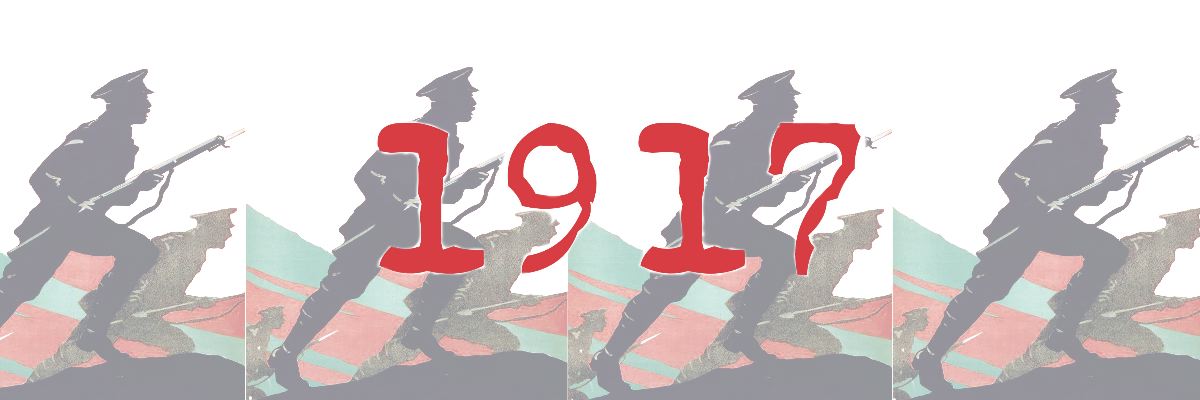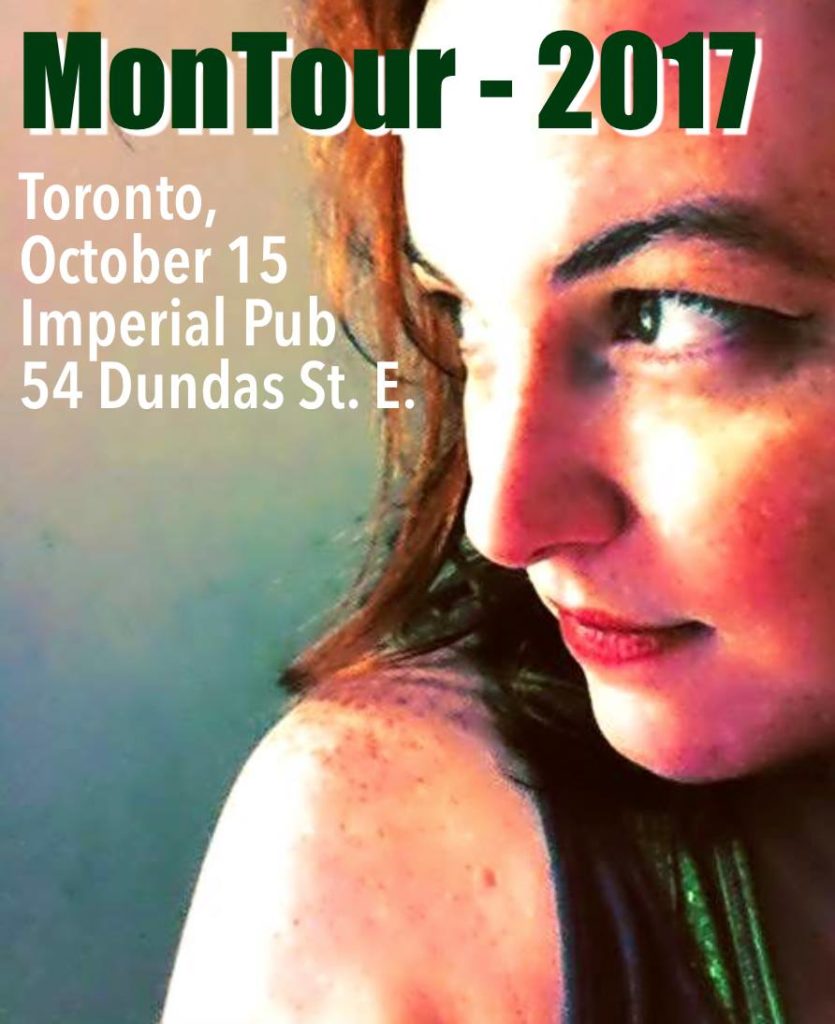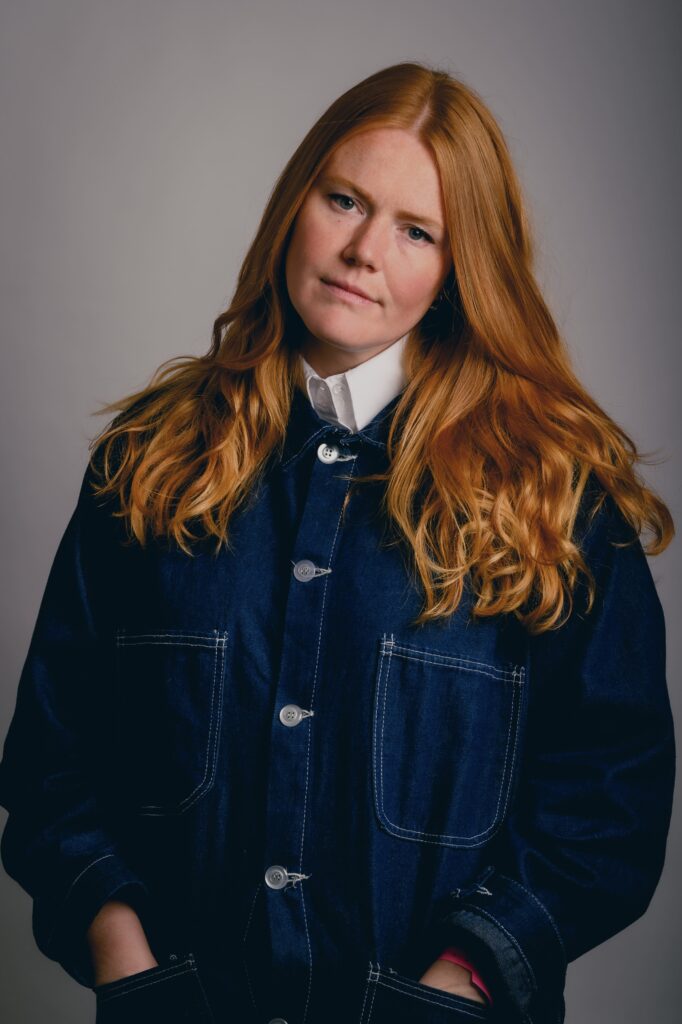1917: The Year the War Came Home
September 2017
In the Fall 2017 issue of The Newfoundland Quarterly, we explore the impact of WWI on Newfoundland and Labrador. But what about the rest of the world? Read these 10 facts from 100 years ago before diving into this issue.
The Eiffel Tower was the tallest structure in the world.
The average lifespan was about 50 years.
In the US, cocaine had just been outlawed, but marijuana and heroin were legal (and prescribed by doctors).
Great Britain was spending 7 million pounds a day on the war.
Time clocks were beginning to be used in factories – it was the dawn of production lines and time management.
Stateside, cold cereals – Corn Flakes, Shredded Wheat – were considered a great source of nutrition and they ourished.
In Hollywood, Chaplin, Buster Keaton, Gloria Swanson, Pickford, Fairbanks, and John Ford produced multiple films.
The first Pulitzer Prize was awarded (and who has won most often? Robert Frost, Eugene O’Neill, and Robert E Sherwood have all received four).
The Halifax Explosion of December 6 killed 2,000.
In recognition of its actions at Beaumont Hamel, Ypres, and Cambrai, the Newfoundland Regiment received the designation Royal at the end of 1917, the only Regiment so honoured during WWI.




